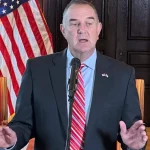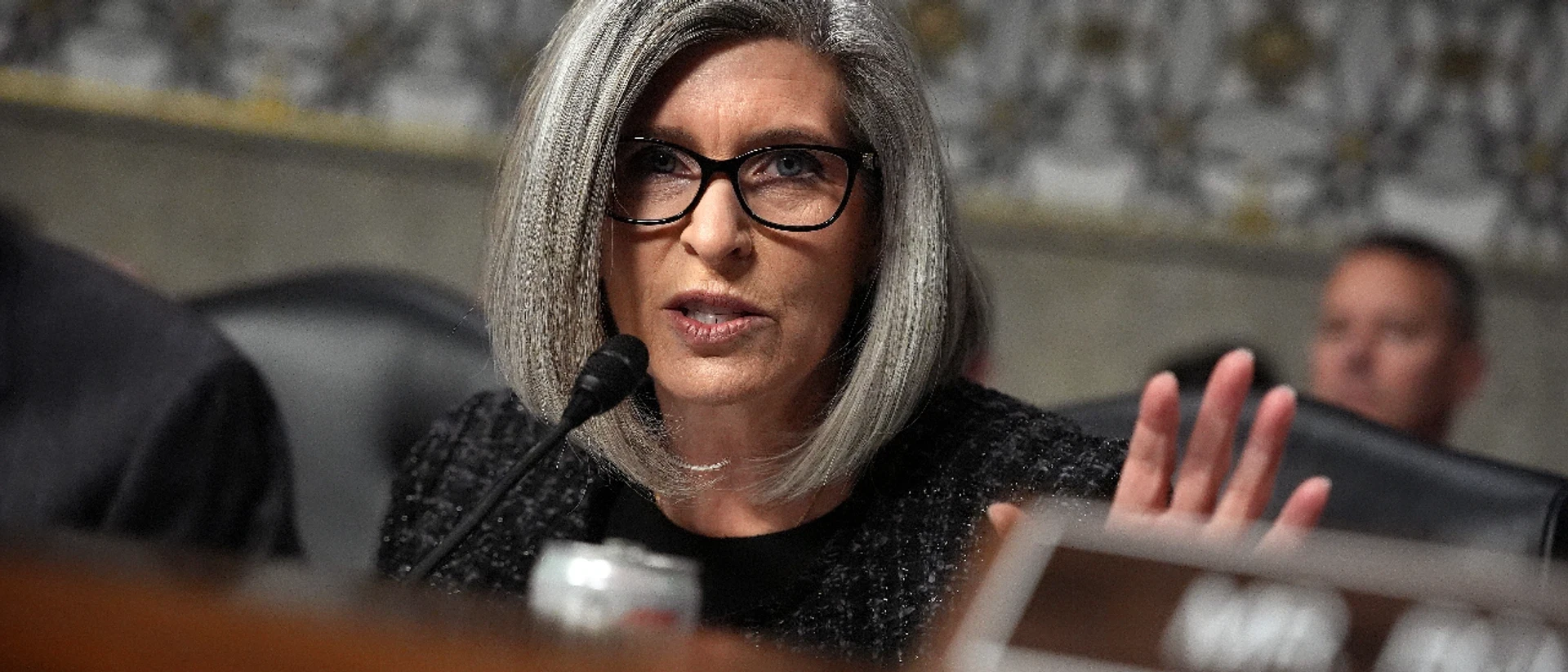When the COVID-19 pandemic swept across the globe in 2020, governments and institutions scrambled to protect lives and ensure stability. In the United States, one of the most controversial mandates came from the Pentagon, which required all service members to receive the COVID-19 vaccine. While many complied, thousands refused, citing religious, medical, or personal objections. This refusal led to disciplinary actions and even discharges from the armed forces.
- Background: COVID-19 Vaccine Mandate in the Military
- Discharges and Consequences
- Why the Pentagon is Reconsidering
- What Fast-Tracking Reinstatement Could Mean
- Voices of Support and Opposition
- Recruitment and Readiness: The Bigger Picture
- Public Perception and Political Implications
- How Other Institutions Handled Mandates
- Potential Paths Forward
- International Comparisons
- The Human Element: Stories of Service Members
- FAQs
- Conclusion
Now, with shifting political winds and evolving public perception about pandemic-era mandates, the Pentagon is reportedly considering fast-tracking the reinstatement of troops who were discharged for refusing the COVID-19 vaccine. The move has sparked heated debate, raising questions about military readiness, fairness, and the balance between personal freedom and institutional order.
Background: COVID-19 Vaccine Mandate in the Military
The Department of Defense (DoD) introduced the vaccine mandate in August 2021, under the Biden administration. The directive came after the Food and Drug Administration (FDA) fully approved the Pfizer-BioNTech COVID-19 vaccine.
Reasons Behind the Mandate
- Protect force readiness by preventing outbreaks in close-quarter military environments.
- Reduce hospitalizations among troops to ensure availability for deployment.
- Align with broader federal policies encouraging universal vaccination.
Military leaders argued that refusing the vaccine compromised unit cohesion and combat readiness. However, critics saw it as an infringement on personal liberties and religious freedoms.
Discharges and Consequences
By early 2023, reports indicated that over 8,000 service members across the Army, Navy, Air Force, and Marine Corps had been separated from service for refusing the vaccine.
Impact on Troops
- Many lost pensions, benefits, and career opportunities.
- Families faced sudden instability due to loss of income.
- Veterans’ groups claimed the policy unfairly punished loyal service members.
One discharged Marine shared in an interview, “I served two tours in Afghanistan. To be forced out over a personal medical choice was devastating.” Stories like these fueled a growing movement to reconsider the policy.
Why the Pentagon is Reconsidering
As public concern over COVID-19 has decreased, political leaders and veterans’ advocacy groups have applied pressure on the Pentagon to review the discharges.
Key Factors Driving Reconsideration
- Recruitment Shortages: The military has faced one of its toughest recruitment years in decades, falling short of targets by thousands of troops.
- Shifting Public Opinion: Polls show that more Americans now question the necessity of strict vaccine mandates.
- Congressional Pressure: Lawmakers, particularly from the Republican Party, have demanded reinstatement of discharged troops.
- Fairness Concerns: Critics argue it’s unfair to permanently punish troops for a decision made during a period of uncertainty and fear.
What Fast-Tracking Reinstatement Could Mean
Fast-tracking reinstatement would allow separated troops to rejoin the military without enduring lengthy reapplication processes.
Potential Benefits
- Strengthens force numbers amid recruitment struggles.
- Restores benefits and career opportunities for thousands of veterans.
- Boosts morale among service members who opposed the mandate.
Challenges Ahead
- Administrative hurdles in verifying eligibility.
- Resistance from commanders who enforced the original mandate.
- Questions about how to handle service records marked with discharges.
Voices of Support and Opposition
Supporters’ Viewpoint
Supporters argue reinstatement would correct a wrong and restore fairness. Senator Ted Cruz recently stated, “These are men and women who sacrificed for our nation. They should never have been punished for exercising personal choice.”
Opponents’ Concerns
Critics, however, fear reinstatement could undermine military discipline. Retired General Mark Hertling explained, “The military relies on following lawful orders. If refusal becomes excusable, we risk eroding cohesion.”
This tension reflects a larger national debate about the balance between individual freedom and collective responsibility.
Recruitment and Readiness: The Bigger Picture
The U.S. military has consistently struggled to meet recruitment goals in recent years.
- In 2022, the Army fell short of its target by 15,000 soldiers.
- Polls indicate fewer young Americans are interested in military service.
- Health and fitness issues disqualify a large portion of potential recruits.
Reinstating discharged troops could partially relieve this crisis, but experts caution it’s not a silver bullet. Broader reforms in recruitment strategies and public trust may be necessary.
Public Perception and Political Implications
Divided Nation
- Conservatives largely support reinstatement, framing it as a fight for freedom and fairness.
- Liberals remain more cautious, emphasizing the importance of maintaining public health standards.
Election-Year Politics
The issue has become a talking point in upcoming elections. Lawmakers pushing for reinstatement often appeal to veteran communities and conservative voters, while opponents argue for caution in rewriting military health policies.
How Other Institutions Handled Mandates
The Pentagon’s struggle mirrors broader debates across America:
- Healthcare workers: Some states reinstated employees fired for refusing vaccines.
- Private companies: Many rolled back mandates as public pressure grew.
- Schools and universities: Policies varied, with some maintaining strict requirements and others lifting them.
The Pentagon’s decision could set an example for other federal agencies dealing with post-pandemic policy legacies.
Potential Paths Forward
Option 1: Full Reinstatement
All discharged troops allowed to return with restored rank, benefits, and honors.
Option 2: Conditional Reinstatement
Reinstatement only for those with honorable service records, excluding cases involving misconduct.
Option 3: Case-by-Case Review
A board reviews individual cases, weighing service history against reasons for refusal.
Each option carries logistical and political consequences, making the Pentagon’s deliberation highly complex.
International Comparisons
Other countries took different approaches:
- Canada: Initially discharged vaccine refusers but later opened doors for re-enlistment.
- United Kingdom: Chose not to enforce a military-wide mandate.
- Australia: Maintained mandates but faced fewer refusals compared to the U.S.
These comparisons highlight how national values and political climates shape military health policies.
The Human Element: Stories of Service Members
Behind statistics are the lives of individuals.
One Army medic who refused the vaccine said, “I didn’t distrust the science, I distrusted how fast it was pushed. I never thought that decision would end my career.”
A Navy pilot added, “I felt like the mandate ignored my faith. Being told I had no place in the military after years of service broke me.”
Reinstatement offers not just jobs, but redemption for many who felt abandoned by the institution they once served loyally.
FAQs
Why were troops discharged for refusing the COVID-19 vaccine?
They were discharged because the Pentagon issued a mandate requiring all service members to be vaccinated to maintain force readiness.
How many troops were affected?
Over 8,000 service members across all branches were discharged due to refusal.
Why is the Pentagon considering reinstatement now?
Factors include recruitment shortages, changing public opinion, and pressure from lawmakers and advocacy groups.
Would reinstated troops regain their benefits?
That depends on the Pentagon’s final policy. Some proposals suggest full restoration, while others call for case-by-case reviews.
Could reinstatement affect military discipline?
Critics warn it might weaken adherence to lawful orders, while supporters argue it restores fairness without undermining order.
Conclusion
The Pentagon’s consideration of fast-tracking the reinstatement of troops discharged for refusing the COVID-19 vaccine is more than a policy shift — it’s a window into America’s ongoing struggle with the legacy of the pandemic. It reflects a broader debate about freedom, fairness, and institutional authority in times of crisis.
For the military, the decision carries practical consequences for recruitment and readiness. For the nation, it serves as a reminder of how deeply the pandemic reshaped values, politics, and trust in authority.
Whether or not reinstatement becomes reality, one thing is clear: the story of these discharged troops highlights the difficult balance between protecting public health and preserving individual rights. The Pentagon’s next move will not only affect thousands of service members but also shape how future generations view service, sacrifice, and the meaning of loyalty in uncertain times.











